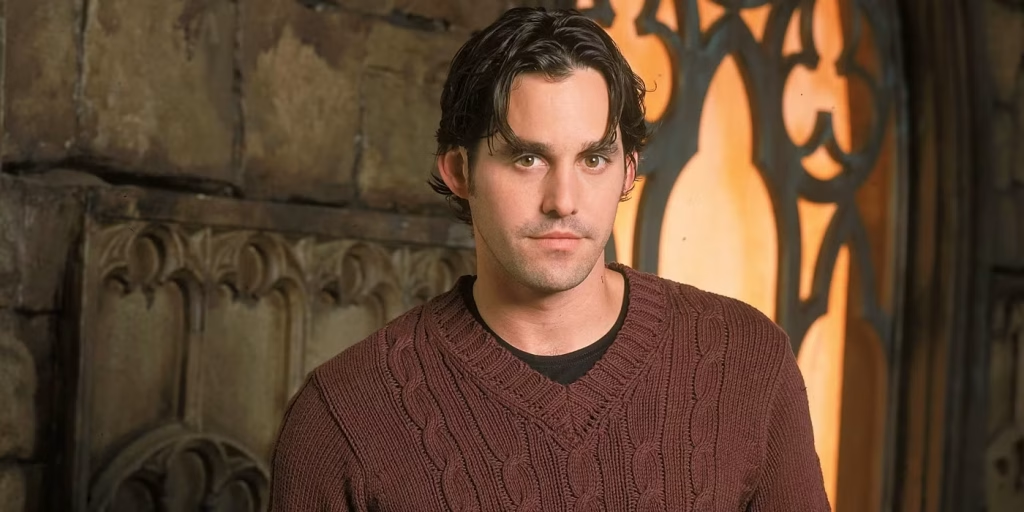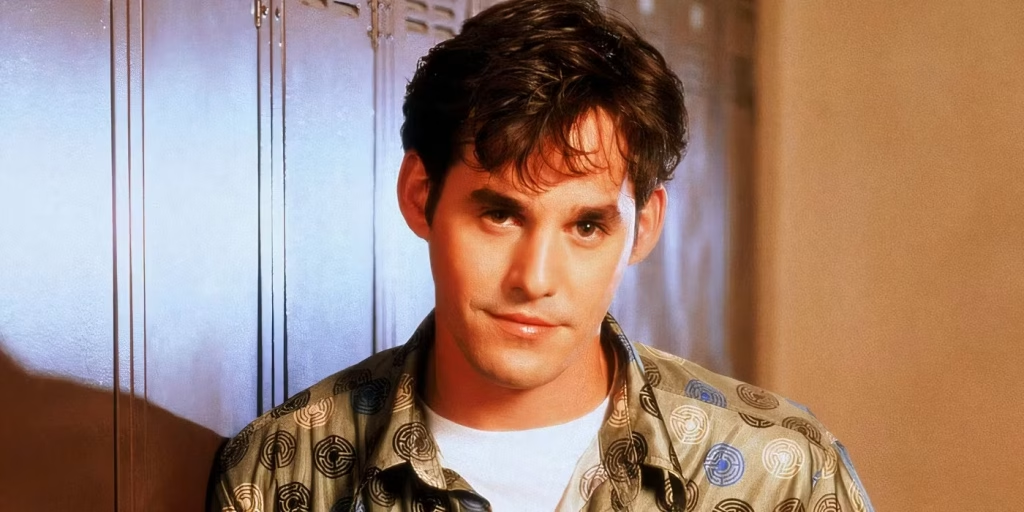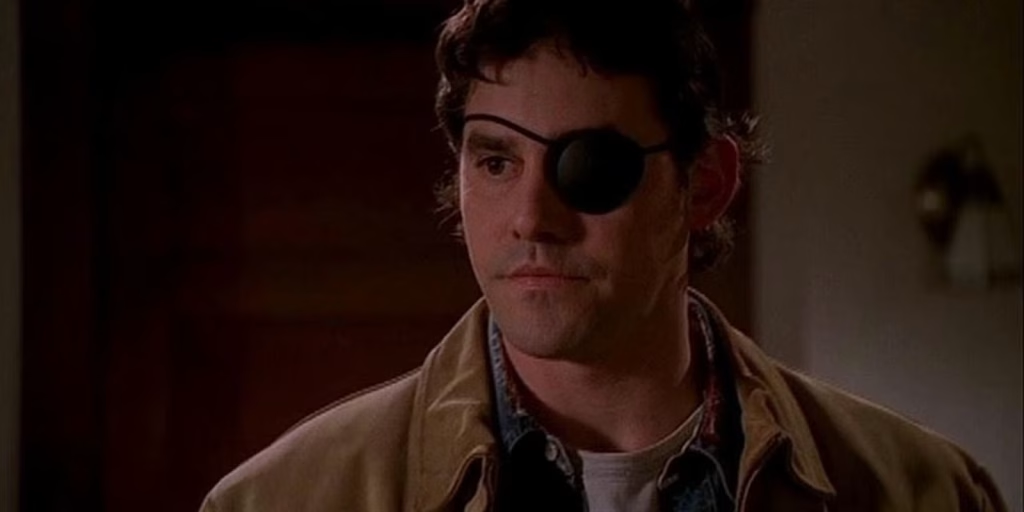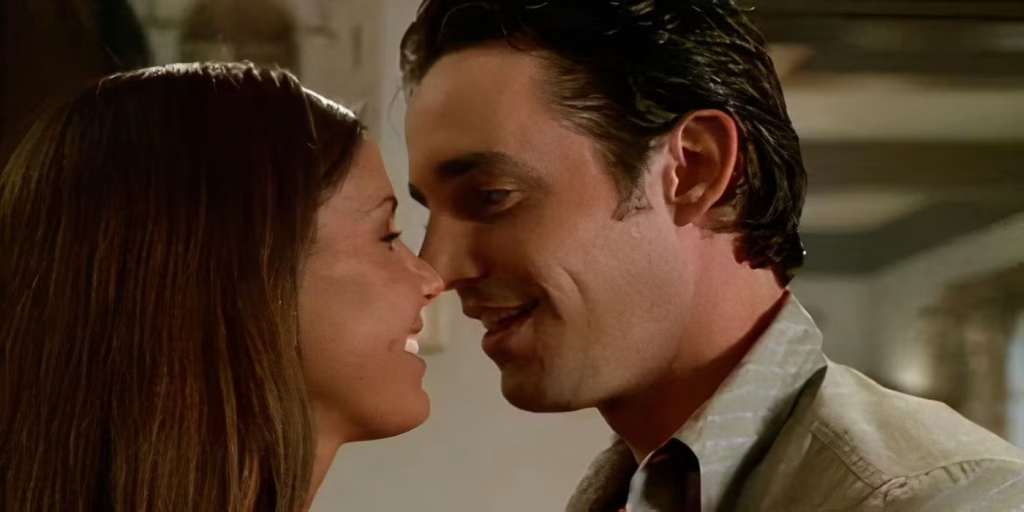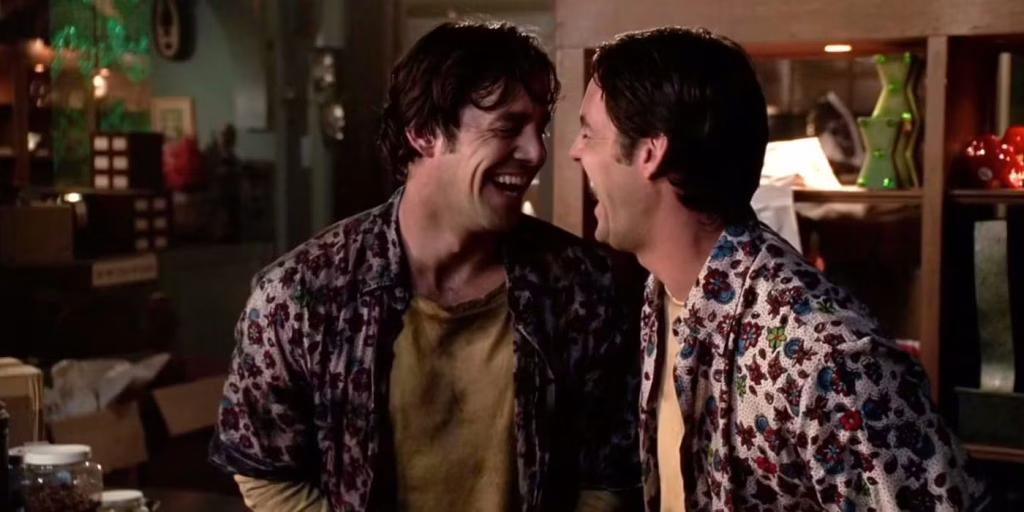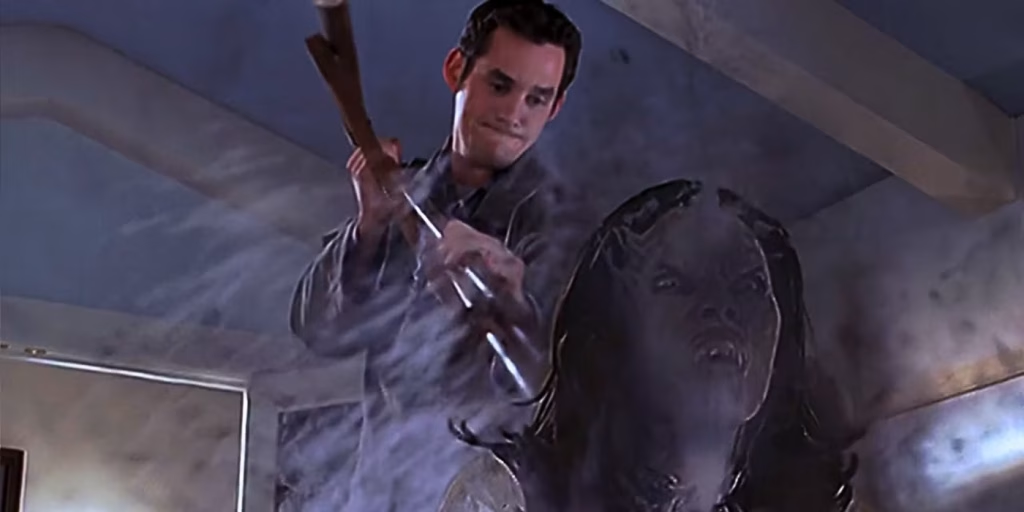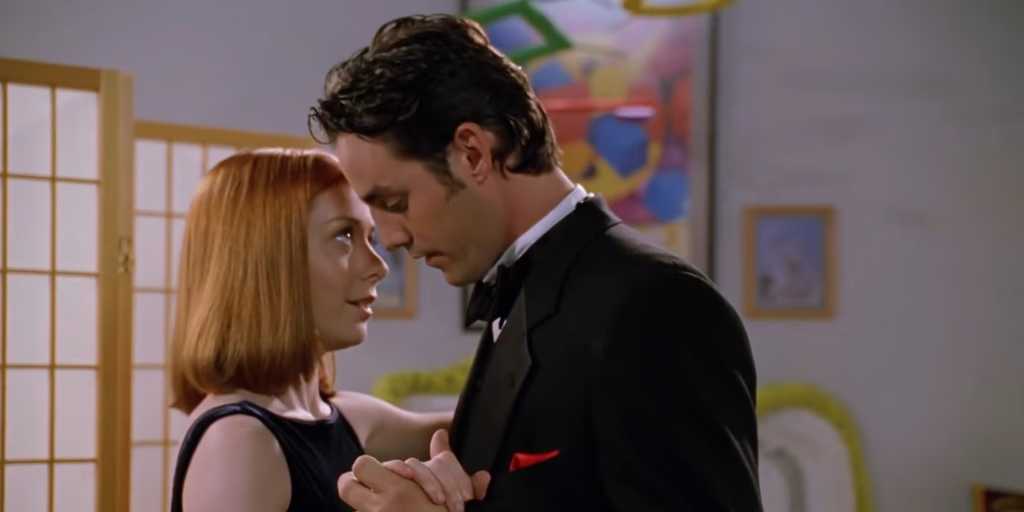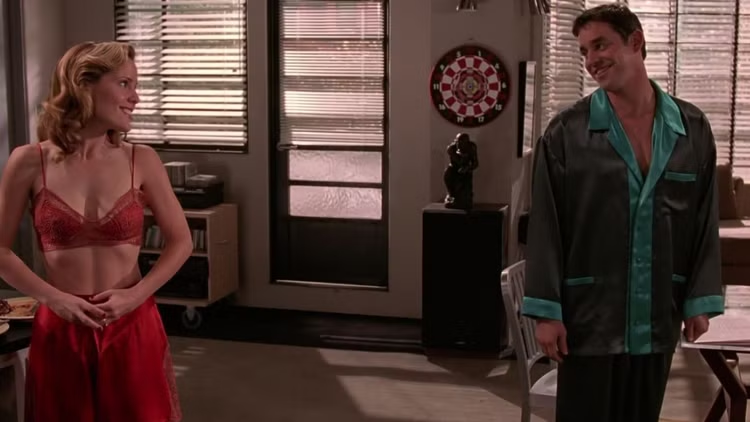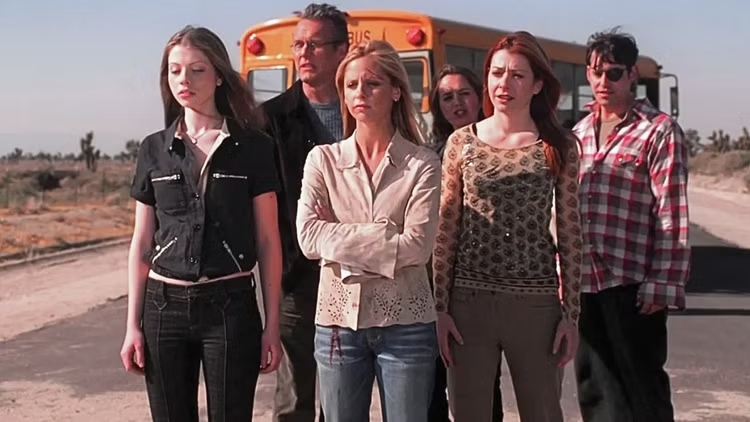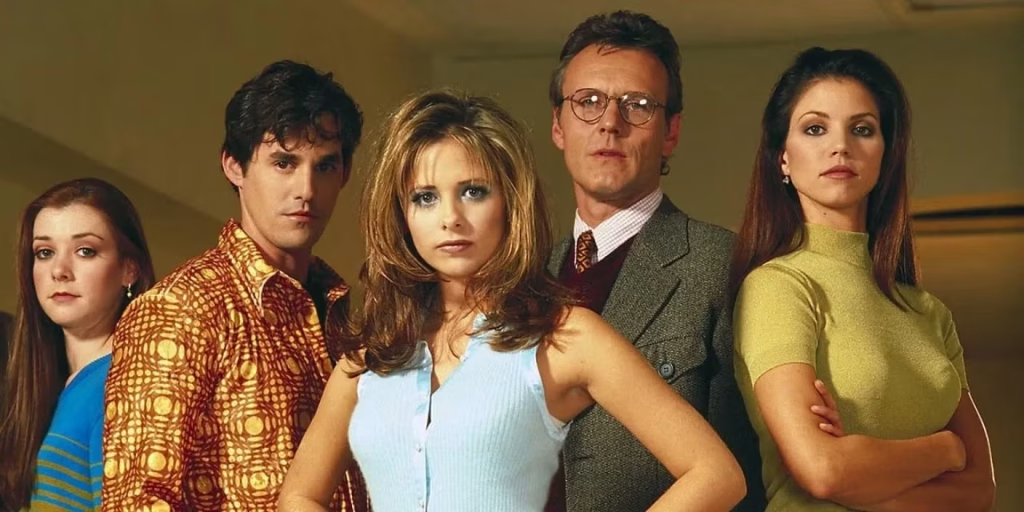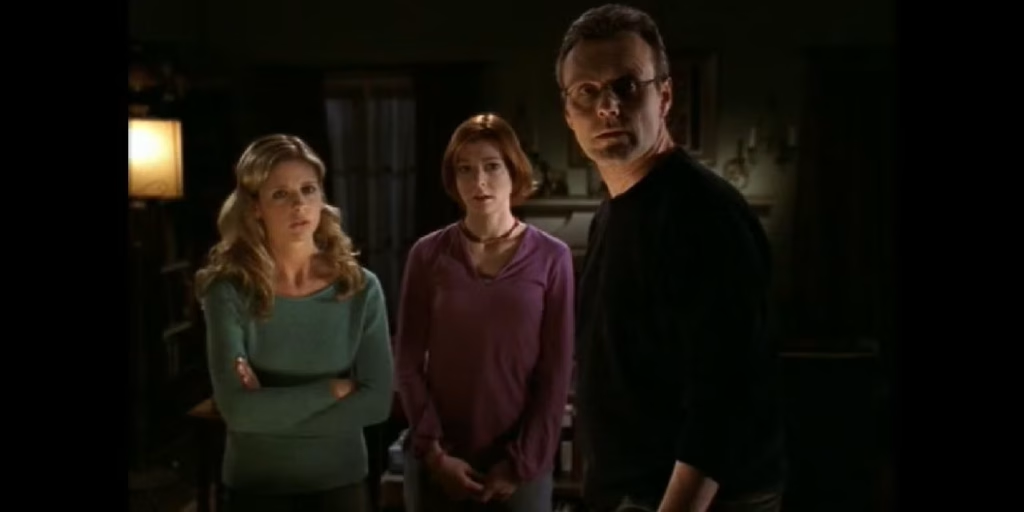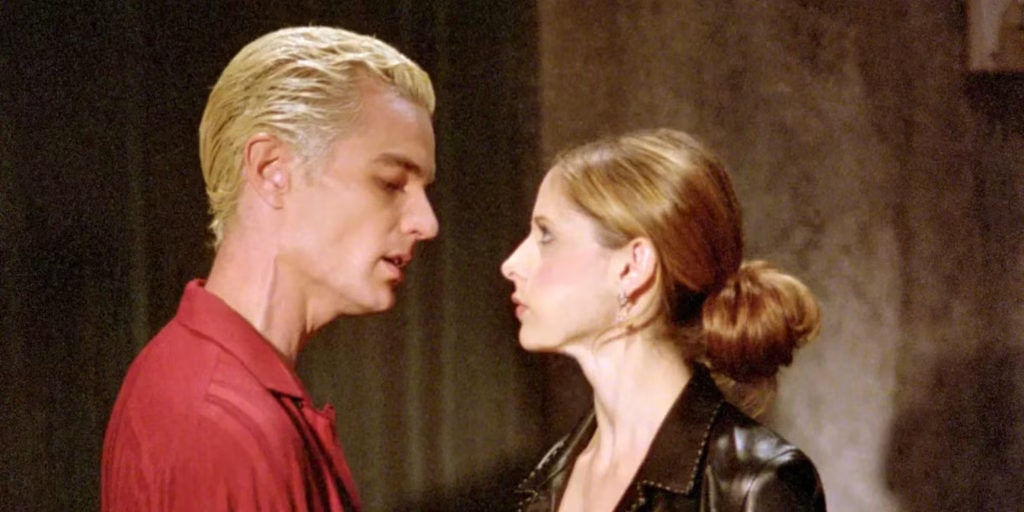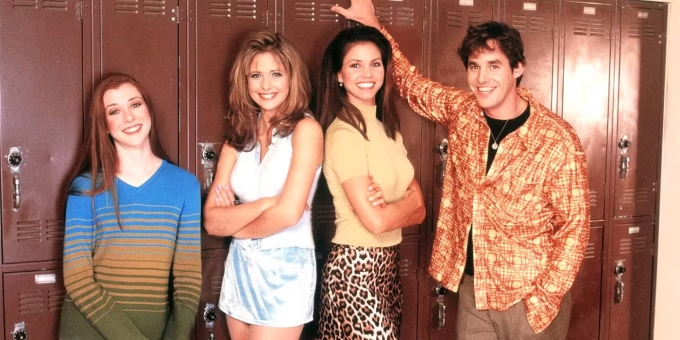
Buffy the Vampire Slayer Spent 143 Episodes Breaking 1 of the Most Important Storytelling Rules (& It’s Still Frustrating 23 Years Later)

One of the biggest rules of storytelling is that, generally speaking, a protagonist must end their journey in a different place than where they began. Three of the main characters of Buffy the Vampire Slayer – Buffy Summers, Willow Rosenberg, and Rupert Giles – follow this rile, and all enjoy brilliantly written arcs. However, the fourth member of Buffy’s main quartet, Xander Harris, does not.
Buffy the Vampire Slayer is an iconic masterpiece, but it failed in an obvious way with one of its most important characters. Throughout the series, Xander remains the same selfish, largely useless, mean, and irresponsible individual. While surface-level aspects of his character may change, he never truly grows or develops in any meaningful way, and this becomes an increasingly large issue the longer the series goes on,
Xander Harris Remains the Same Throughout 7 Seasons of Buffy the Vampire Slayer
When fans are first introduced to Xander Harris in Buffy the Vampire Slayer Season 1, Episode 1, “Welcome to the Hellmouth,” he is a far cry from being any type of hero. Rather, he’s a thoroughly average teenage boy with no special talents and, despite the series’ best efforts to sell him as “the heart” of the Scooby Gang, he more so comes across as obnoxious. He’s routinely irresponsible and prone to blaming others for his own mistakes; he always thinks of himself first, and he regularly makes misogynistic comments around Buffy, Willow, and Cordelia Chase. On a writing level, there’s nothing wrong with any of this, and it’s a starting point that leaves Xander with endless potential to develop over time. Unfortunately, the development that Xander needed never came.
As Buffy the Vampire Slayer’s seven seasons progress, Xander does become more useful, and he does so in a way that properly suits his character. Rather than growing increasingly strong like all his friends, he instead becomes a skilled carpenter, able to make repairs around Buffy’s frequently busted-up home. This happens fairly late into the series, and it isn’t as if it’s something that gets much focus, but it’s still one of the few positive things that can be attributed to him. Unlike the rest of the main cast, though, Xander’s growth in skill isn’t paralleled by character growth. He never stops blaming other people for his own problems, he never abandons his ego or his misogynistic tendencies, and he treats his high school love interest, Cordelia, and his adult love interest, Anya Jenkins, equally horribly. It doesn’t matter that Xander grows into a competent tradesman, or that he experiences the trauma of having one of his eyes gouged out by Caleb, when nothing is able to make him stop acting like the immature teenage boy he started out as.
Xander Actively Refused to Change and Grow in Meaningful Ways
There’s a powerful disconnect between how Buffy the Vampire Slayer often thinks it’s portraying Xander vs. how he actually comes across. Xander is meant to be a relatable, funny everyman, but he’s instead the worst type of friend and boyfriend. Given that Buffy the Vampire Slayer failed to understand how it was portraying Xander, it’s unlikely that the writers even realized that they not only wrote him as a static character, but one who purposely chose time and time again not to develop.
Note
| Note |
|---|
| Xander Harris appears in every episode of Buffy the Vampire Slayer except for Season 7, Episode 7, “Conversations with Dead People.” |
As a main character, Xander has an abundance of stories told about him, which naturally leads to many opportunities for him to change his ways. And while he does supposedly learn lessons at the end of certain episodes, Xander spends seven seasons ignoring them in favor of continuing to be an irresponsible, cruel jerk. Despite being largely defined by his insecurities over being the least valuable member of the Scooby Gang, Xander carries a massive, unwarranted ego. Apart from his lack of magical powers, or genius-level intelligence, he genuinely believes that he’s awesome just the way he is, and that there’s no reason for him to ever grow. Not even seeing what his full potential personified looks like during Season 5’s “The Replacement” is able to encourage him to be better.
Perhaps the best example of Xander’s refusal to learn and change is the way that he manages his love life. During Season 2, Xander enters his first serious relationship with Cordelia. He proceeds to behave horribly throughout their entire time together, constantly insulting his girlfriend, casting a spell to try and make her fall in love with him when she rightfully breaks up with him for the first time, and eventually cheating on her with Willow. The storyline naturally ends with a second, messy and painful break-up, and one would think that Xander would realise he needs to treat his future partners better. Instead, Xander spends three seasons mocking Anya as frequently as he did Cordelia, he ultimately leaves her at the alter so that he doesn’t need to put in the work necessary to grow and avoid his fears of becoming like his father, and he has the nerve to treat Anya like the bad guy in the former relationship come Season 7.
There Was No Reason For Xander to Remain on Buffy the Vampire Slayer For All 7 Seasons
From the beginning of Buffy the Vampire Slayer, creator Joss Whedon had an ironclad rule: no matter what other Buffy characters died, Buffy, Willow, Giles, and Xander could never be killed off, or actively chosen to leave the show. By the halfway point of the series, this rule had already proved to be a mistake. Season 4 is often maligned as one of the weaker entries in the series, and that’s partially because it had absolutely no idea what to do with Xander, despite him still getting plenty of attention as part of the main cast. Xander’s lack of growth, and lack of interest in growing, left him with nothing to do, and his evolution into a carpenter in subsequent seasons did nothing to help solve this issue.
| Note |
|---|
| The only characters with more, or as many, appearances as Xander in the Buffyverse are Angel, Buffy Summers, Willow Rosenberg, and Cordelia Chase. |
The second half of Buffy the Vampire Slayer would have been far stronger if Xander wasn’t in it. If he wasn’t going to ever be developed, then he should have just been killed off, or said to have moved away after graduating from high school. At least that way, fans wouldn’t have been forced to suffer through his bad jokes, his constant self-righteousness and belittlement of his superiors, and the disaster that is his relationship with Anya. It isn’t even like Xander is essential to the plots of seasons five, six, and seven, with his inclusion in all of them being ultimately pointless, albeit less glaringly than in Season 4. Xander can’t even be considered the designated male lead of the back-half of the series, no matter what the opening credits may suggest, with that role being comfortably filled by Spike.
Of course, the ideal solution wouldn’t have been for Xander to have been written out, but for him to have been written better. It’s not as if giving him meaningful development and storylines that see him change for the better would have been too much for the writers to achieve. Dawn Summers is a major focus in Buffy’s later seasons and, despite her being even less useful than Xander in the majority of situations, she still received emotionally resonant stories, and she changed in clearly noticeable ways over time. It’s possible that the issue stems from the fact that Xander was infamously a self-insert character for Whedon, being heavily based on him. Xander may not have been allowed to develop because that would make him less like his creator. Regardless of the reasoning, it’s a massive example of wasted potential, as Xander could have easily had one of the most satisfying and significant character arcs in the series, instead of being one of the biggest turn-offs in the show for modern audiences.
Xander Harris is a character hated by some and beloved by others, but as a protagonist, he objectively fails on a narrative level. Getting older, becoming a carpenter, and losing an eye does not translate into character development, which he never truly undergoes. Buffy the Vampire Slayer had many opportunities to develop him, and yet it failed to do so at every turn.
Original article at CBR
This article has been reproduced for archive purposes, all rights remain.
